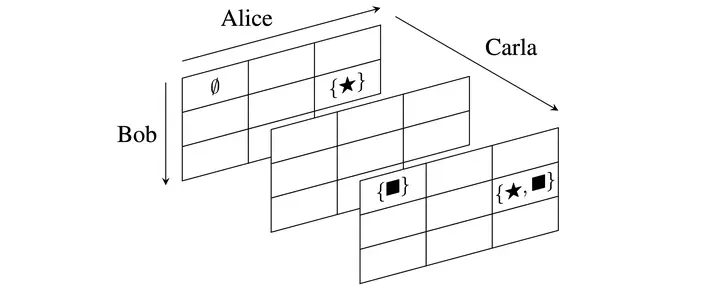
Abstract
The way that people make choices or exhibit preferences can be strongly affected by the set of available alternatives, often called the choice set. Furthermore, there are usually heterogeneous preferences, either at an individual level within small groups or within sub-populations of large groups. Given the availability of choice data, there are now many models that capture this behavior in order to make effective predictions. However, there is little work in understanding how directly changing the choice set can be used to influence a group’s preferences or decisions. Here, we use discrete choice modeling to develop an optimization framework of such interventions for several problems of group influence, including maximizing agreement or disagreement and promoting a particular choice. We show that these problems are NP-hard in general but imposing restrictions reveals a fundamental boundary: promoting an item is easier than maximizing agreement or disagreement. After, we design approximation algorithms for the hard problems and show that they work extremely well for real-world choice data.